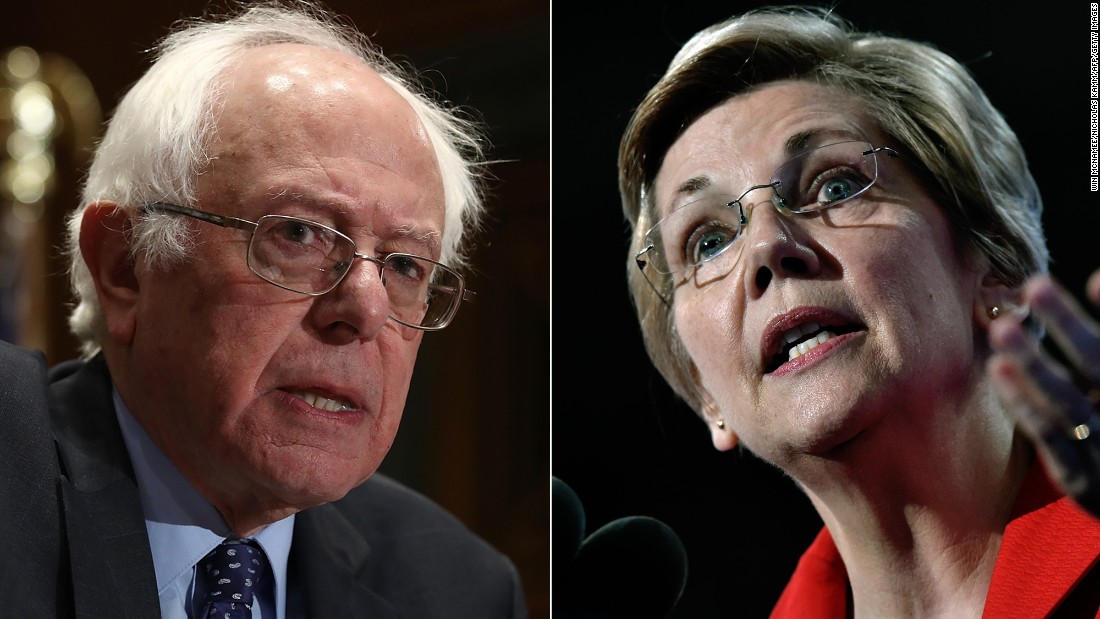
Poll of the week: A Gallup poll out this week finds that 51% of self-identified Democrats call themselves liberal.
This is a record high percentage of Democrats calling themselves liberal since Gallup began tracking this statistic in 1994.
What's the point: Potential 2020 Democratic contenders seem to be falling over themselves to be seen as the most progressive. This group includes those who were always very liberal such as Elizabeth Warren and those who were more moderate a decade ago like Kirsten Gillibrand.
This data indicates that moving to the left may not be such a bad idea if someone wants to win the nomination. Moreover, it's not the only piece of data to suggest that Democratic voters think of themselves as far more liberal than they used to be.
This 2018 exit poll found that 27% of all voters identified as liberal. That's the highest percentage since exit polls first asked about ideology. Among those who voted for a Democratic House candidate (this includes some independents), about 46% said they were liberal. When Democrats won a similar majority in the House in 2006, only about 33% of Democratic voters said they were liberal.
History too suggests that Democrats might be more willing to swing for the ideological fences. A study by Marty Cohen, David Karol, Hans Noel, John Zaller in "The Party Decides" found that parties that have been out of the White House for a shorter period of time are more likely to nominate candidates who are further to the left (for Democrats) or further to the right (for Republicans).
Think about the three nominees furthest from the center in the modern era: Barry Goldwater, George McGovern and Ronald Reagan. All three of them were first nominated by their party after being out of the White House for only one term.
Parties and voters are always trying to enact as much of their core agenda as possible. To do so, they want to nominate the candidate closest to the base who also is electable. When a party loses multiple elections in a row, they realize they may need to move more towards the center to win.
Democratic voters may have more reasons than usual to think they don't need to move to the center in order to win in 2020. President Donald Trump has had a net negative approval rating (approval rating - disapproval rating) for pretty much his entire presidency with no signs he is improving in the polls. They lost to him by less than a point in the states that proved to be pivotal in 2016 (Michigan, Pennsylvania and Wisconsin), despite their nominee being one of the least liked of all time. Finally, Democrats just came off a big midterm victory in which the President's popularity was more closely linked with voting patterns than in any midterm in recent history.
Of course, Democrats may not want to risk it. Their hatred of Trump is so great that they may be willing to compromise ideologically in order to win. A majority of Democrats in CNN's Iowa poll last month said it was more important for them personally for the party to nominate someone who could beat Trump than it was for said candidate to agree with them on the issues.
Whether or not they hold onto that belief as the nomination process gets underway is anyone's guess.
No comments:
Post a Comment